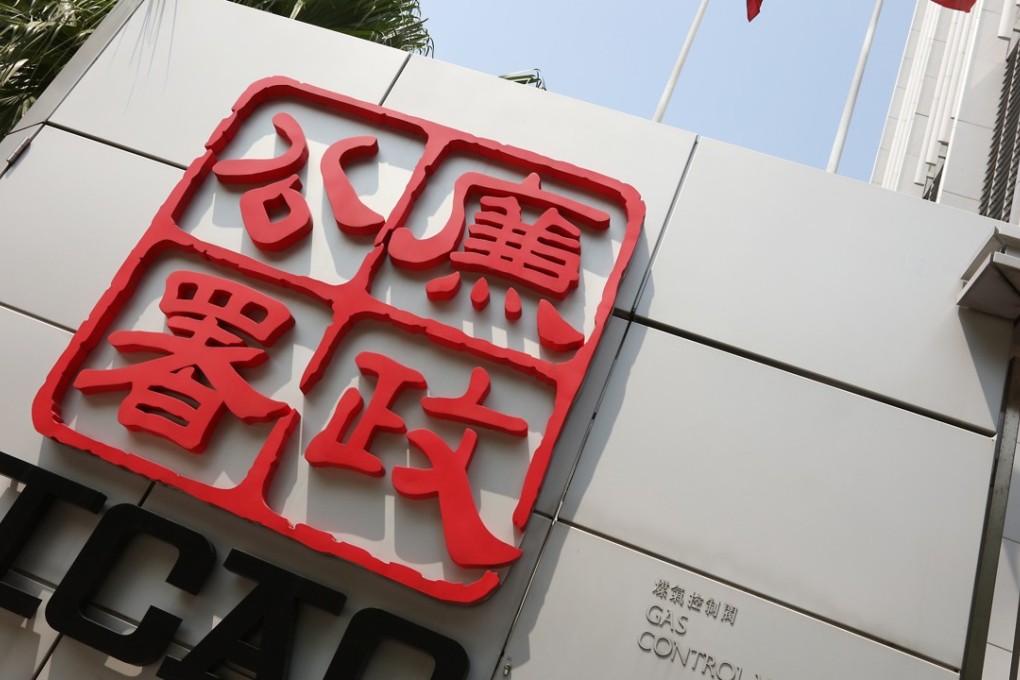Graft busters could protect investors, says Trace International
Risk management provider says ICAC-like body could support infrastructure investors and protect China’s prestige in initiative’s cross-border crime hot spots

A substantial amount of capital will flow into “Belt and Road Initiative” projects over the next decade. Whether it is from Chinese state-owned enterprises, the Asian Infrastructure Investment Bank (AIIB), Silk Road Fund, New Development Bank, or institutional investors, estimates place funds running into the new Silk Road “Marshall Plan” into the trillions of US dollars.
Trace International, an antibribery business organisation and risk management provider, has documented numerous examples of corruption in the belt and road countries, and its president, Alexandra Wrage, has called for the creation of a body not dissimilar to Hong Kong’s Independent Commission Against Corruption (ICAC) to tackle the issue head-on.
“I have previously advocated for outsourcing this to the ICAC in Hong Kong, because of its sophisticated team and fierce independence,” Wrage says.
At present, few protections against corruption on the belt and road exist, and certainly little in the way of regulatory frameworks. It is hardly a surprise, given that the initiative is both new and does not consist of a coherent programme, but a series of projects negotiated separately across a number of countries and jurisdictions.
“While it’s also possible to have the anticorruption commission in each country take responsibility, most of the belt and road countries have limited capacity, experience and political will to take on this role,” Wrage says.
Reflecting the multifaceted nature of the trade initiative, a King & Wood Mallesons’ report from July 2017 highlighted corruption as a major concern. “Most countries along the belt and road are developing countries in economic transition. They are high-risk zones for compliance issues,” the report said. “According to the 2016 Corruption Perceptions Index published by Transparency International, many countries along the Belt and Road have low transparency in their government operations,” its authors added.
It is a view echoed by Wrage, who cites infrastructure works as being susceptible to corruption.
“For the belt and road projects, this is exacerbated by the fact that many of the large projects are destined for countries with low levels of transparency,” she says.
As a result, for companies seeking to engage in possible business opportunities on the belt and road, there are no guarantees against reputational damage or even monetary losses resulting from corruption.
“If a party to a contract finds that it has been tainted by corruption, it has recourse to the local legal system and may also be able to flag the issue for the media, but there is no centralised programme to ensure that belt and road projects are executed with transparency and without bribery,” Wrage says. “It is always possible to conduct business without corruption, but it is often more difficult and slower and, as a result, the profit margin is smaller. Companies engaging in these projects will need to take precautions.”
If the projects are tainted by corruption, it will undermine both the original goal of supporting development of infrastructure in neighbouring countries and also China’s leadership role
So how can Chinese companies avoid being involved in corruption cases or falling victim to fraudulent activity? According to the King & Wood Mallesons’ report from July 2017, “Chinese enterprises participating in the belt and road will not only need to submit themselves to external compliance checks, but will also need to be cautious about regulatory breaches by their overseas branches and employees.”
The report adds that losing money is not the main concern, but rather damage to reputation and the possibility of even damaging diplomatic ties.
Wrage says any company involved in the trade initiative should “ensure that their team is trained to identify risks; has the support of lawyers and accountants throughout, and knows who to contact in the event that they’re faced with an inappropriate request. They should also ensure that any local partners expressly and contractually agree to share their business ethics”.
While an oversight commission has not been created as of yet, agencies reported that the Central Commission for Discipline Inspection of the Communist Party of China (CCDI) held a belt and road anticorruption workshop in September with Chinese and international experts offering their opinions.
It is the type of effort that Wrage believes will be crucial to the success or failure of the geopolitical power play.
“President Xi [Jinping] has invested a great deal in belt and road. He has made it a centrepiece of his economic policy,” she says. “If the projects are tainted by corruption, it will undermine both the original goal of supporting development of infrastructure in neighbouring countries and also China’s leadership role. Belt and road is very directly associated with President Xi, so the success or failure of the project will reflect on his presidency.”